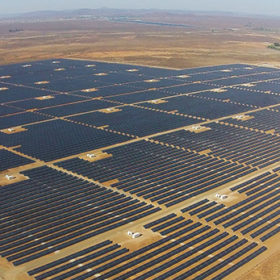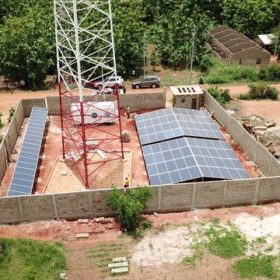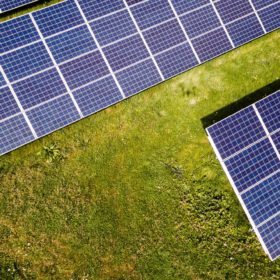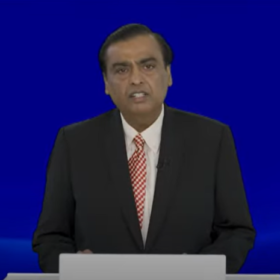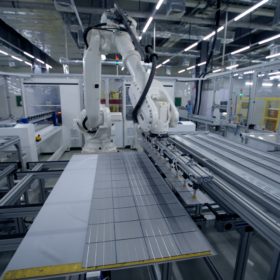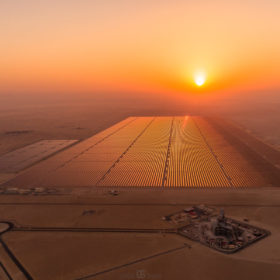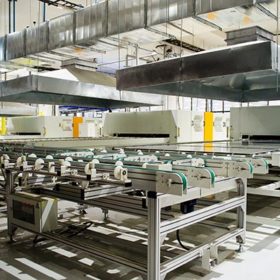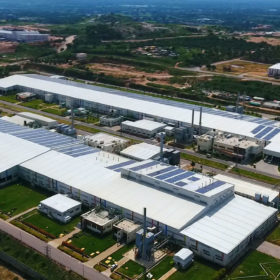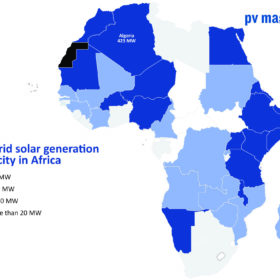Sterling and Wilson Solar’s order book grew 72% in FY2021
However, one-off exceptional events in the fourth quarter hit the solar EPC player’s overall fiscal performance. These included a prime subcontractor going bankrupt in Australia, rising module prices, and increased freight costs.
EXIM Bank to finance rural electrification solar projects in Togo
The Togolese government aims for universal access to electricity this decade and for half of its power to come from clean energy sources under the National Development Plan (NDP).
New renewables cheaper than legacy coal or gas for almost half the world’s population
Electricity bill payers in nations as diverse as China, India, Germany, and Greece should be aware new solar projects can now generate electricity cheaper for them than legacy coal and gas-fired plants.
Reliance Industries unveils $10-billion plan for solar and energy storage
The diversified business group will invest over INR 60,000 crore ((US$ 8.1 billion) over the next three years to build Giga factories for solar, energy storage, electrolyzers, and fuel cells, respectively, to create a fully integrated, end-to-end renewables energy ecosystem. Additional INR 15,000 crore (US$ 2 billion) is planned to create a value chain, partnerships, and future technologies.
India could add 13.75 GW of solar module and 6.9 GW cell capacity by December next year
The government’s renewed efforts to curb solar equipment imports and upscale domestic manufacturing have started bearing fruits. The launch of the production-linked incentive (PLI) Scheme and the imposition of a basic customs duty (BCD) on imports have favored domestic capacity expansion.
‘Low-cost renewable hydrogen may already be in reach’
If the three record-busting low solar price tariffs recorded in the Middle East in the past 18 months are to be believed, renewables-powered hydrogen in prime sites in the region could already compete with gas-plus-CCS production, according to IRENA. Has the Gulf discovered the new petrol?
PLI Scheme will help India emerge as clean-tech factory of the world
The Production-Linked Incentive (PLI) scheme in batteries and solar will help India graduate from a passive recipient to an active driver in the global clean-tech story.
Amara Raja Batteries to reposition itself as an energy and mobility player
The Indian lead-acid battery major would form a new strategic business unit for lithium cells and battery packs, electric vehicle (EV) chargers, energy storage systems, and other related products and services as it looks to reposition itself as an energy and mobility player.
Rising hardware costs slow Covid recovery for off-grid solar sales
The global off-grid solar appliance market began an uneven recovery from the worst ravages of the global pandemic in the second half of last year, according to market body GOGLA, but more finance and policy support must be made available to have any chance of achieving universal electricity access this decade.
Applications open for solar manufacturing incentives
Manufacturers can apply for incentives to set up gigawatt-scale solar factories in India. Applications can be submitted until June 30 and the list of successful recipients will be announced on July 26, with letters of award to be issued four days later.
